We believe that political advocacy is a critical part of ending violence and exploitation in isolated and vulnerable communities and addressing the injustices that allowed it to happen in the first place. That’s why we provide ongoing opportunities for people to engage their political leaders through letter-writing, phone calls, and in-person lobby meetings. Over the last decade, millions of Americans – and an increasing number of international advocates – raised their voices about the LRA crisis in central Africa and have called on their elected officials to play their part in enhancing the safety of affected communities.
Because of the dedicated work of these activists, we’ve seen our leaders take a number of significant actions to help end the LRA crisis and support the recovery of affected communities. Most notably, this includes the passage of two significant pieces of U.S. legislation — The LRA Disarmament and Northern Uganda Recovery Act (2010), and the Rewards for Justice Expansion legislation (2013).
Galvanizing Congressional support behind these bills wasn’t easy – we slept on the streets, wrote countless letters, and held hundreds of lobby meetings in Washington and around the country. As a result, the U.S. has invested significantly in pursuing the LRA’s leader, Joseph Kony, and in helping bring an end to his crimes against the people of central Africa. In the wake of these successes, it’s now essential that we keep our leaders committed to finishing what we’ve all started together.
Bill number one: LRA Disarmament and Northern Uganda Recovery Act
From June 2009 through March 2010, Invisible Children mobilized hundreds of thousands of young activists to rally Congressional support for the passage of the LRA Disarmament and Northern Uganda Recovery Act. With 267 bipartisan cosponsors, the bill was the most widely supported Africa-related piece of legislation on record in U.S. history at the time of its passage. Representatives from Invisible Children, as well as our advocacy partners The Resolve LRA Crisis Initiative and The Enough Project, were invited to attended the signing of the bill with President Obama in the Oval Office on May 24, 2010.
Once passed the Act required President Obama to develop the first-ever official U.S. strategy to address LRA violence and support affected communities, which he released in November 2010. That strategy was a catalyst of the President’s decision in October 2011 to deploy 100 U.S. advisers to central Africa to assist the African Union- led mission focused on dismantling the LRA, protecting civilians from attacks, and apprehending top LRA leadership.
Thanks in large part to the tireless work of of Invisible Children activists, President Obama repeatedly extended the U.S. advisor mission through the end of his term, in an effort to give them the time and support they need to success. During the mission, these advisors helped keep thousands of families safe from the violence of the LRA and other armed groups, and engaged in innovative defection messaging campaigns, which encouraged dozens of LRA fighters to lay down their weapons and come home.
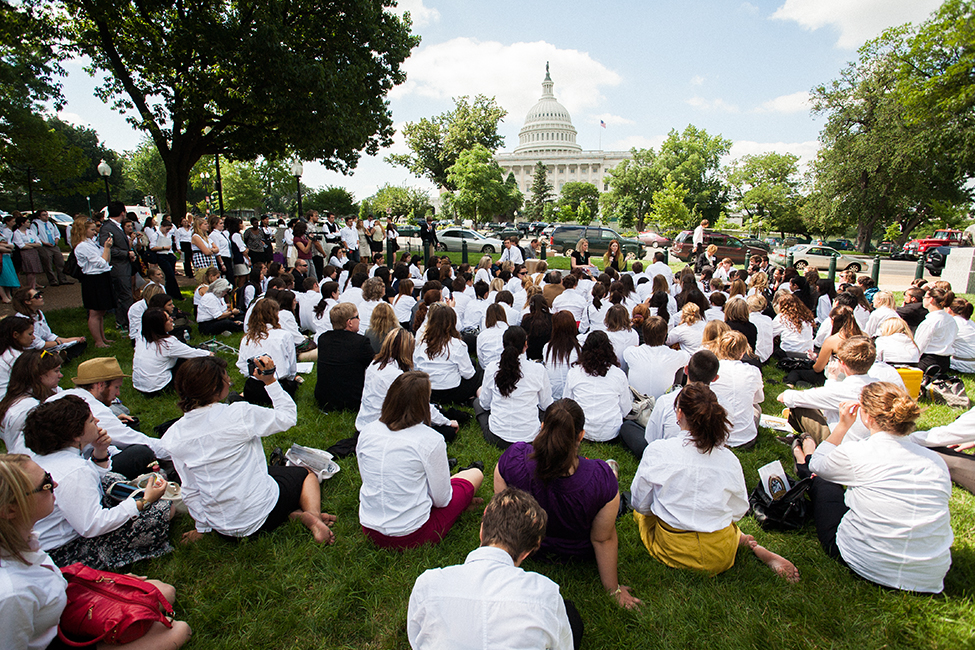
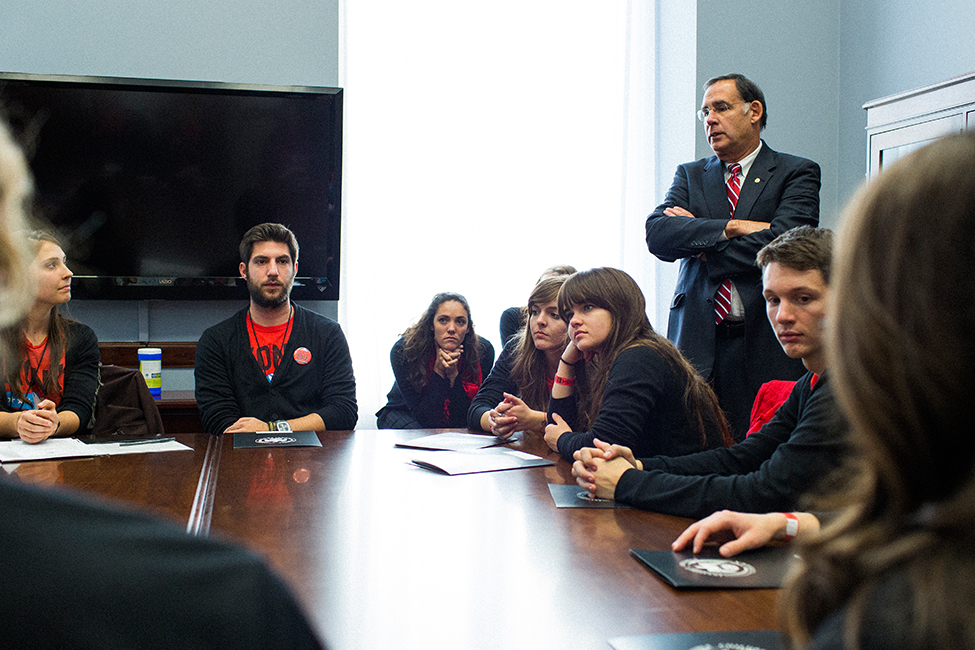
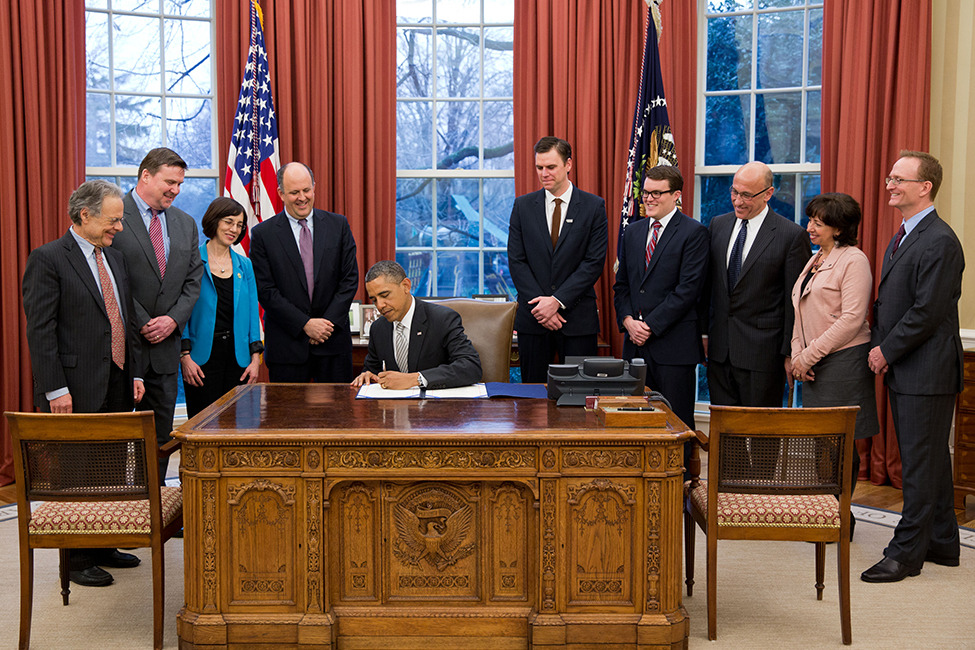
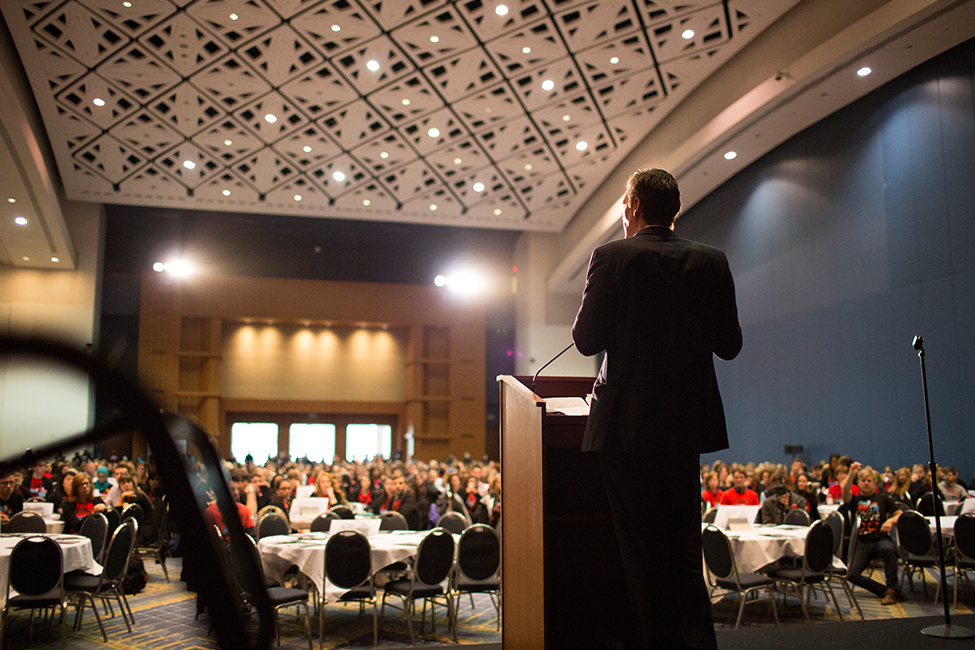
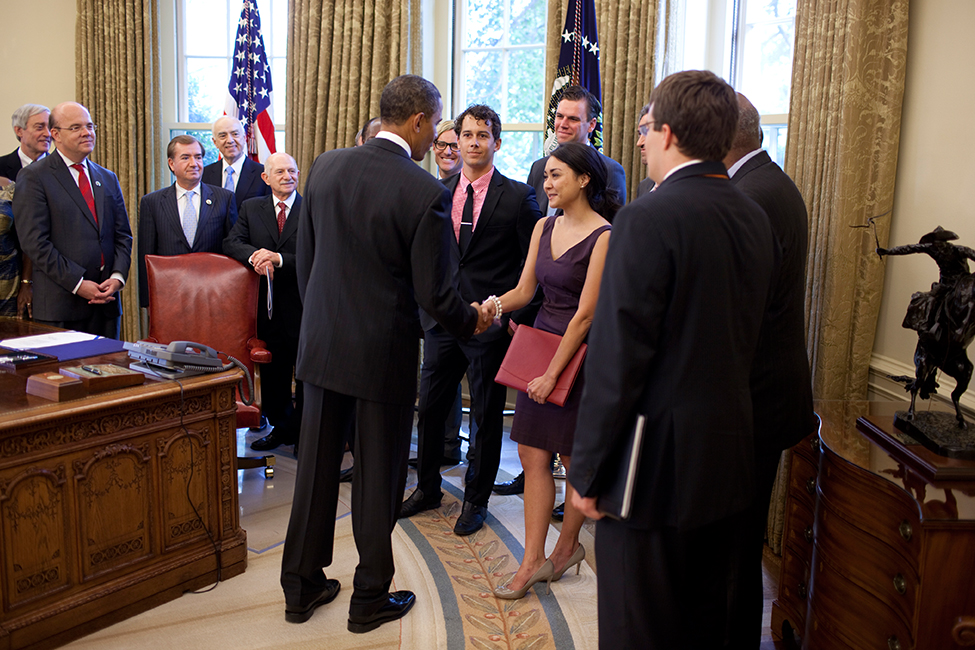
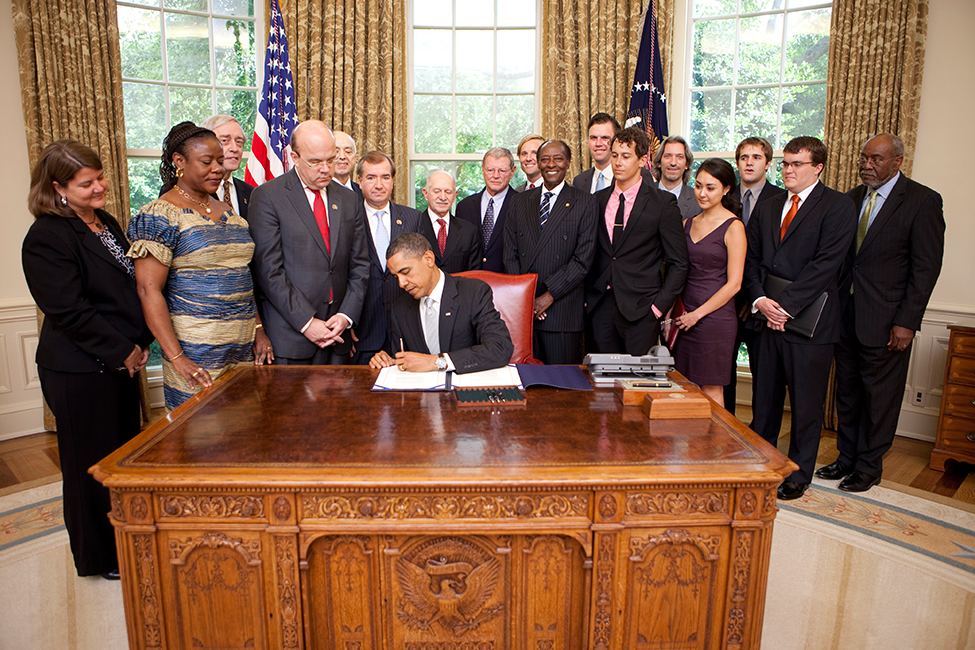
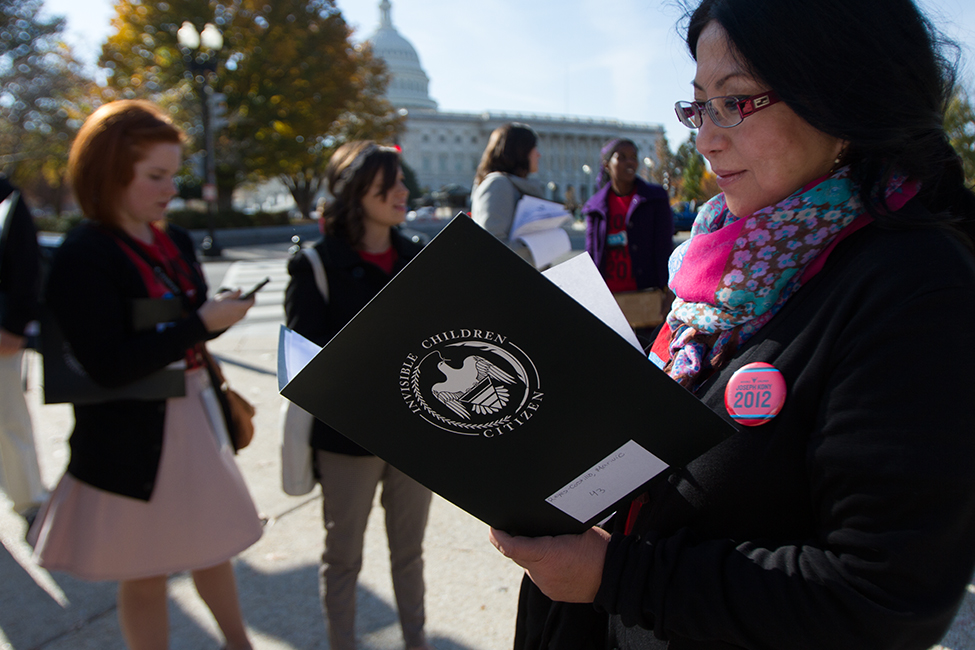
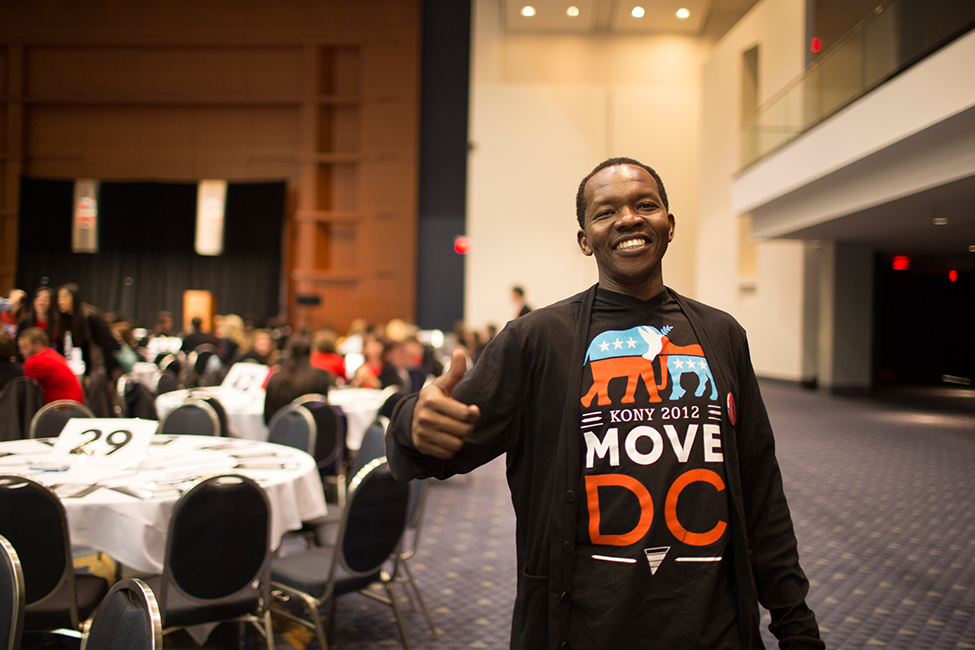
Think people should hear about this?